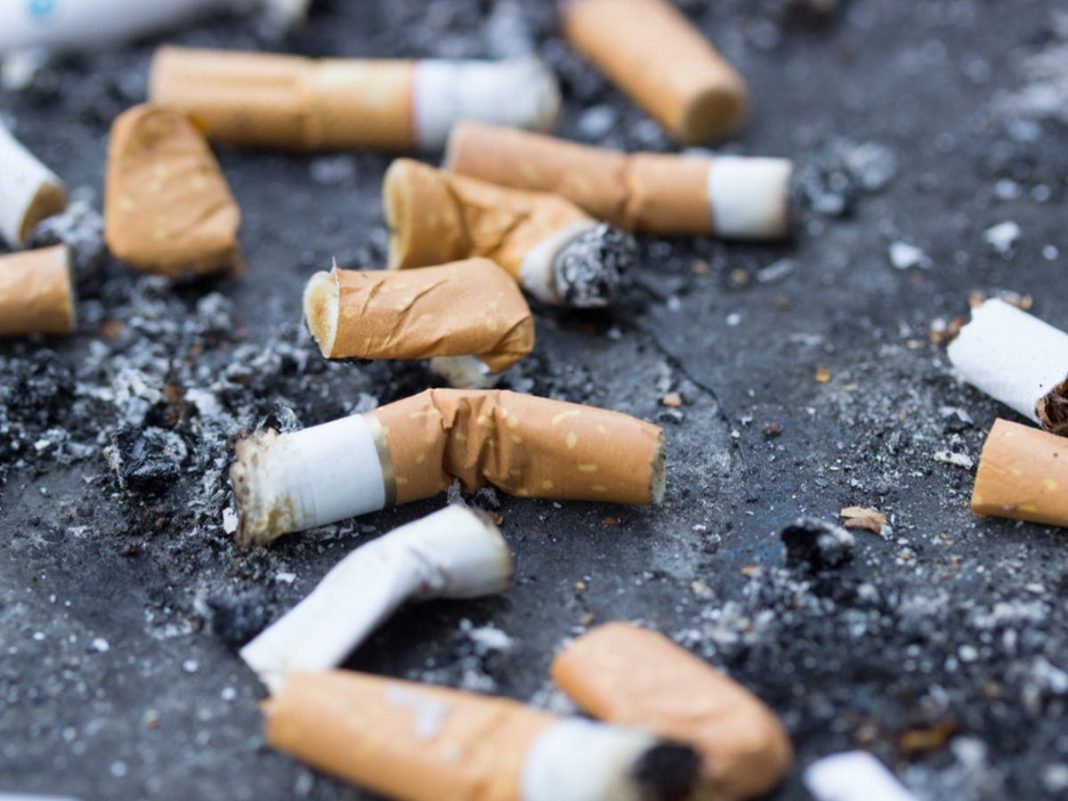The Vision for Accelerated Sustainable Development Ghana (VAST-Ghana), a leading civil society organisation, has called on the government to significantly increase excise tax rates on harmful products like tobacco, alcohol, sugar-sweetened beverages (SSBs), and ultra-processed foods (UPFs) in the upcoming 2026 Budget Statement.
VAST-Ghana argues that this move is essential for both strengthening public health and boosting domestic revenue mobilisation.
The call, issued in a press statement on October 21, 2025, by the VAST-Ghana Executive Director
Labram Musah asserts that Ghana is at a “fiscal and public health crossroads” and must capitalise on the proven success of the Excise Duty Amendment Act, 2023, by further reviewing tax rates upward.
Taxation Yields Double Dividends
VAST-Ghana highlights that the existing excise tax reforms have already demonstrated remarkable success in both revenue collection and consumption reduction.
Data from the Ghana Revenue Authority (GRA) supports the effectiveness of the current taxes:
| Product | Base Year Revenue (GHS) | 2023/2024 Revenue (GHS) | Percentage Increase |
| SSBs | GHS 735 million (2022) | GHS 1,325.6 million (2023) | ~80% |
| Tobacco | GHS 82.7 million (2021) | GHS 227.21 million (2024) | ~175% |
Collectively, excise revenue from tobacco, alcohol, and SSBs is now estimated at over GHS 1.3 billion, proving that public health taxation is a major contributor to Domestic Resource Mobilisation (DRM).
Averting Deaths and Saving Billions
The organisation cited a modelling study conducted by the WHO, UNDP, and partners, which quantified the potential dual benefits of a further 20% excise price increase:
| Product | Additional Revenue (Projected) | Consumption Reduction (Projected) | Premature Deaths Averted (Working Lifespan/Century) |
| Alcohol | GHS 2.4 billion | 7.6% | 44,000+ (over a century) |
| SSBs | GHS 1 billion | 24% | 155,000 (from obesity, diabetes, and cardiovascular diseases over a century) |
| Tobacco | GHS 131 million | 26.6% | 34,600+ (over working lifespan) |
VAST-Ghana emphasised that these taxes are one of the most cost-effective interventions, with the WHO ‘Best Buys’ suggesting a $1 investment in control measures yields returns ranging from $7 (tobacco) to $14 (unhealthy diets).
The Economic and Ethical Imperative
The press release directly countered industry arguments regarding job losses, stressing that the true societal cost of alcohol and tobacco-related illness, injury, and premature death far outweighs any economic benefits.
The organization cited an analysis reported by 3NewGH indicating that while alcohol contributes approximately US$369 million to Ghana’s GDP, it imposes societal costs of roughly US$1.2 billion per year through health expenditures and road crashes.
“The salient policy question is, would the government protect private profit margins at the cost of public health and fiscal stability?” VAST-Ghana questioned, urging the Ministry of Finance to prioritize the health of Ghanaians over corporate interests.
Key Recommendations for the 2026 Budget
To consolidate the gains and address the rising tide of Non-Communicable Diseases (NCDs), which account for over 45% of all deaths in Ghana annually, VAST-Ghana recommends:
- Immediate Increase: A further significant increase in excise taxes, especially as inflation erodes the real value of current tax rates.
- Structural Reform: Implementing a more effective tax structure, including a specific tax system (e.g., per stick for tobacco and per content for alcohol) to reduce industry manipulation.
- New Taxes: Introducing an ad valorem excise tax on ultra-processed foods (UPFs) and a minimum pricing unit for all alcohol products.
- Earmarking Revenue: Earmarking a proportion of the excise revenues to the health sector, particularly for NCD prevention and the effective funding of the Ghana Medical Trust Fund.
The call for higher taxes aligns with the recent plea by WHO Director-General Dr. Tedros Adhanom Ghebreyesus at the 2025 Africa Health Sovereignty Summit in Accra to increase excise taxes by 50% on harmful products to boost health sector funding.
VAST-Ghana concluded that increasing these taxes is not punitive but “preventive, progressive, and pragmatic,” and vital for Ghana’s long-term health and financial resilience.
DISCLAIMER: The Views, Comments, Opinions, Contributions and Statements made by Readers and Contributors on this platform do not necessarily represent the views or policy of Multimedia Group Limited.
DISCLAIMER: The Views, Comments, Opinions, Contributions and Statements made by Readers and Contributors on this platform do not necessarily represent the views or policy of Multimedia Group Limited.
